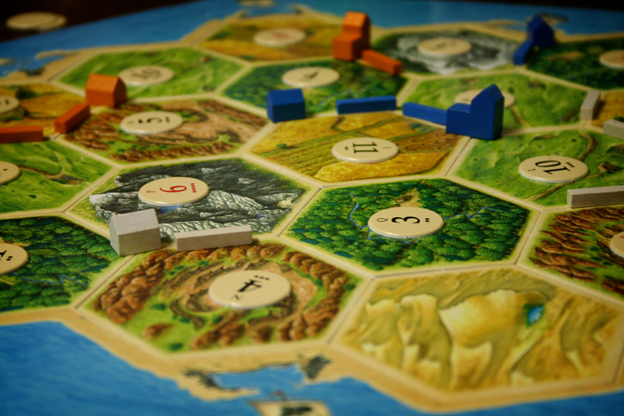Skype’s Future under Microsoft
October 16, 2011 in Daily Bulletin

Microsoft is now officially the owner of Skype, the instant messaging client used by millions around the world. Arstechnica took a look at what Microsoft is likely to do with its new acquisition:
- Skype is likely to retain a mass consumer market appeal through integration with Windows Live, Xbox, and Microsoft Outlook.
- Skype will also probably be integrated with Lync, Microsoft’s business communications program. Because they are built upon different software code bases it could take up to two years for the two to become truly assimilated.
- Skype should soon see a debut on Microsoft’s new Windows Phone 7 platform.
To read more about the features Microsoft is likely to bring to Skype as well as its future under Windows 8 click here.
Source: Arstechnica

















Join the Discussion! (No Signup Required)